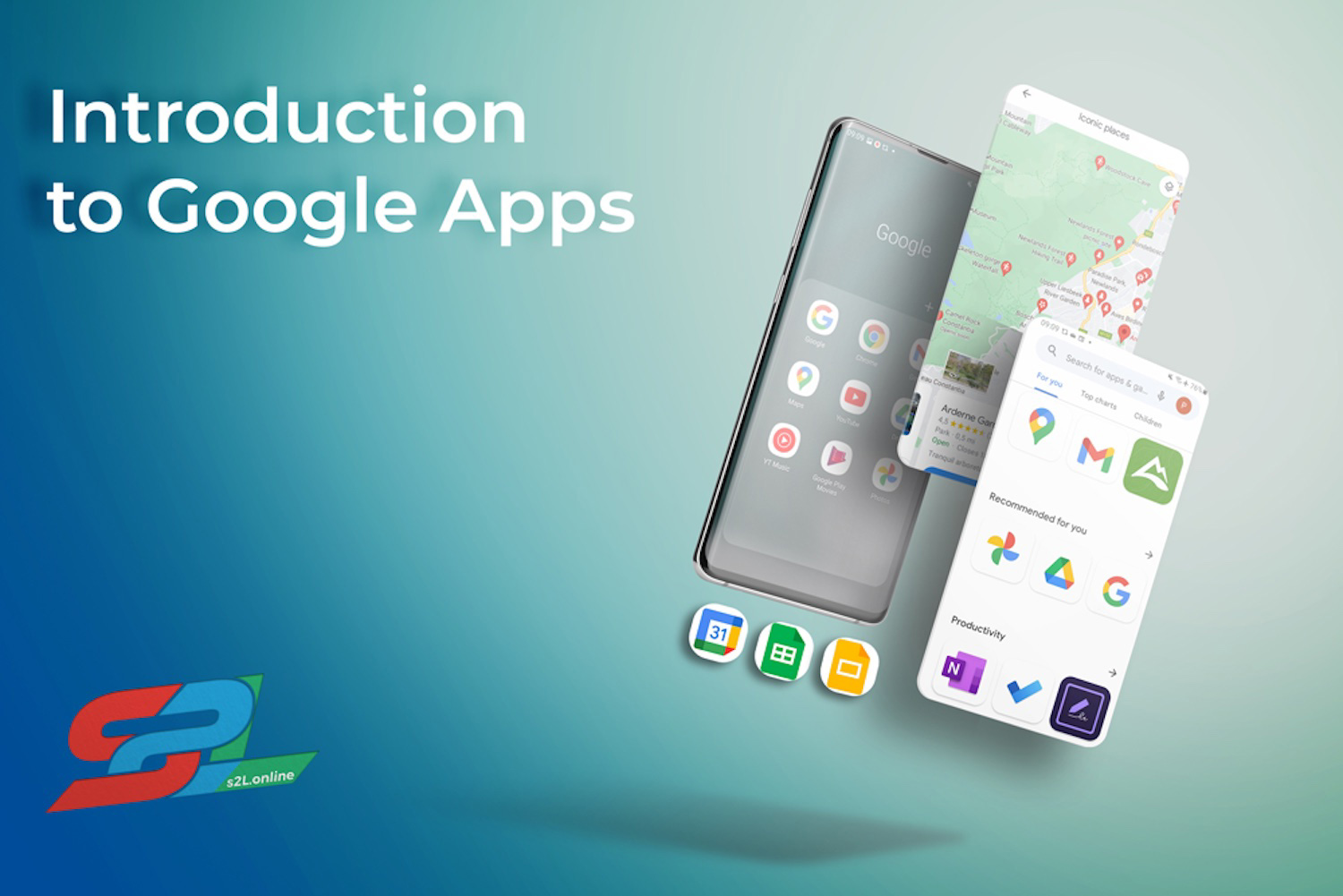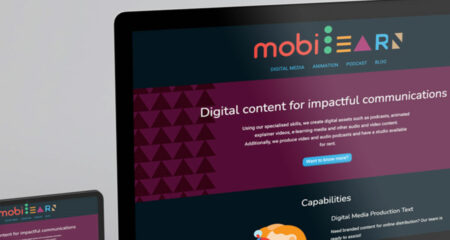 MobiLearn was invited recently to observe a training session at a non-governmental organisation. This training class was a no-fee session and was on an introduction to Google apps.
MobiLearn was invited recently to observe a training session at a non-governmental organisation. This training class was a no-fee session and was on an introduction to Google apps.
There was an initial orientation on how to operate the desktop and then a dive into the Google apps through a combination of a slide deck and show and tell.
At the end of the session, amid much excitement, we posed the following question: how many had access to a computer once they left the session? Not one had access.
Another question: how many had a phone, and what type of phone was it? Everyone had an Android smartphone.
Our next question was: which Google apps did they use most frequently on their phones? Most used Google Search. None had used Google Calendar, Google Drive, Google Sheets, Google Slides or Google Docs. None had even used Google Maps before.
Anecdotally, this type of “training” is repeated hundreds of times each day across the country. Many well-meaning for-profit and non-profit organisations provide courses in an effort to promote digital literacy, and in many instances do so as a business.
It is clear that there is universal awareness among learners in these types of classes that skills in operating computing devices is a prerequisite when seeking employment.
Many make significant sacrifices to enrol for basic computer skills and often at a cost that they can ill afford. These are short courses, or can be up to six months. Yet the only time they can practise what they have learnt is on a PC in the training classroom.
The smartphone is the computer
So, why is there no teaching done on a smartphone in these classrooms, or a hybrid approach of PC and smartphone? The smartphone then becomes a computer that happens to make phone calls, rather than simply an entertainment or texting device.
Let’s face it, there are 55 million smartphones out there — and the most vulnerable need help in how to become smarter with their devices.
The average person on the shop floor in a motor assembly plant or on the forecourt at a petrol station has a smartphone. They need help in becoming digitally literate so they can capture their ID books and driver’s licences as images and store these on their phones. Thousands and thousands of ID documents are photocopied each day – so, why not teach everyone to utilise the smartphone as a computing tool, beyond simply a entertainment device or a gateway to social media?
Let’s figure out how we can transform human capital through digital literacy — on a smartphone. There are 55 million reasons to do so.
About mobiLearn
MobiLearn produces content for impactful communications. As a production house, it creates digital content and produces online events. Using our specialised skills, we create assets including animation, podcasts, and audio and video content. MobiLearn seamlessly manages live events, webinars and online workshops. Find the company on Twitter, Instagram and Facebook.
MobiLearn’s not-for-profit effort in promoting digital literacy can be found at s2l.online.
- This promoted content was paid for by the party concerned




